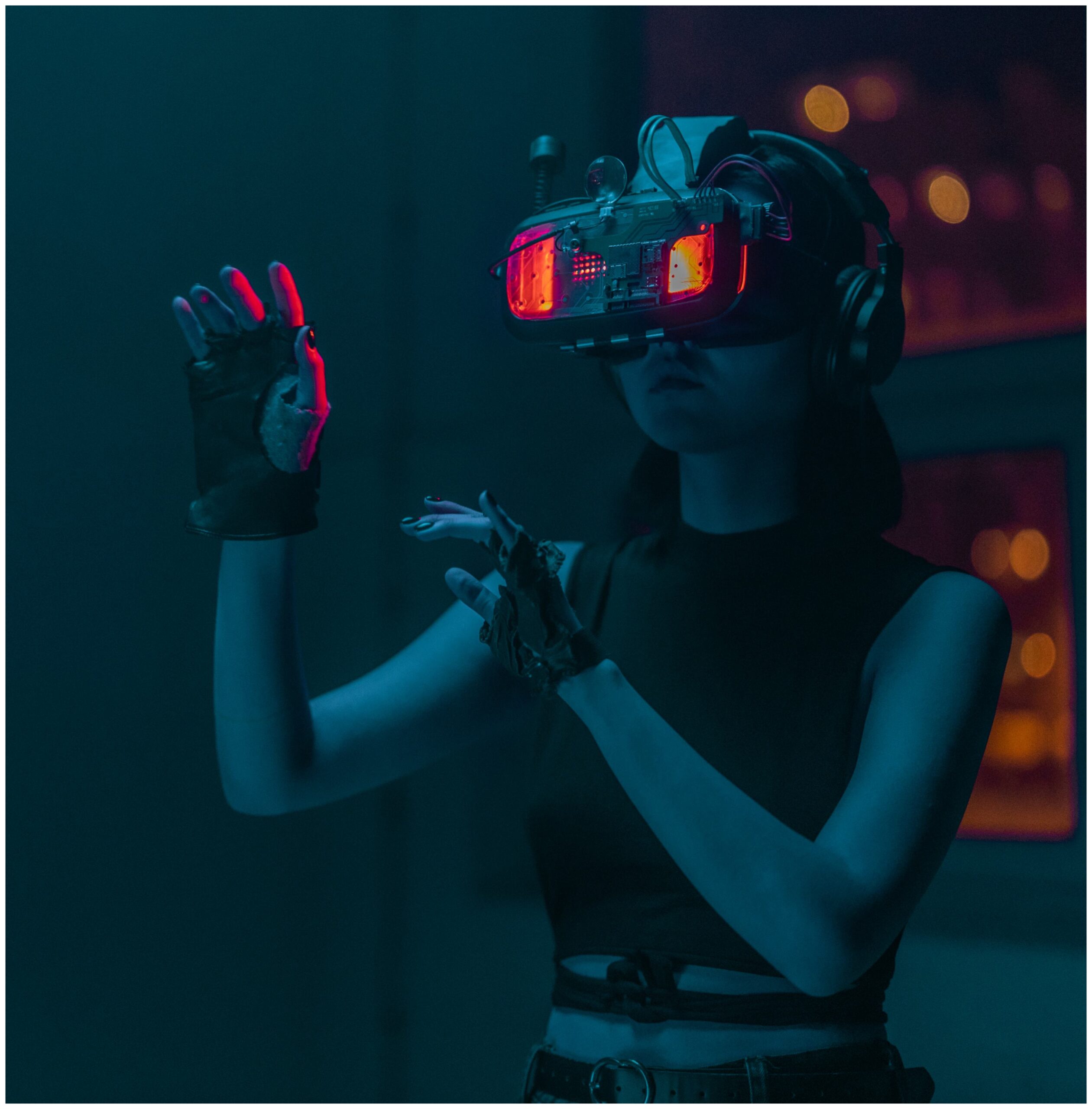Palmer Luckey, co-founder of Oculus, has created a virtual reality (VR) headset that utilizes explosive charges to replicate real-life consequences within video games.

The design of Luckey’s headset resembles a modified version of the Meta Quest Pro, featuring three embedded explosive charges positioned above the user’s forehead. These charges are capable of causing instant destruction to the user’s brain.
The explosive reaction is triggered by a photosensor that detects a specific frequency of a red flashing screen, similar to a “Game Over” screen.
However, Luckey emphasizes that this lethal headset is currently solely a piece of office art, serving as a thought-provoking reminder of untapped possibilities in game design.
He expresses his fascination with the idea of connecting real life with virtual avatars, as depicted in the well-known anime and video game series Sword Art Online, where players face the risk of death within the virtual realm.
According to Luckey, this concept raises the stakes to the highest level and compels players to reconsider their interactions with the virtual world and other players.
Though Luckey claims that this remains an unexplored area of video game mechanics, there have been previous instances of incorporating consequences into gaming experiences.

For instance, in 2001, the PainStation art installation utilized different physical sensations as penalties for losing a game of Pong. Moreover, a “Tekken Torture Tournament” subjected participants to non-lethal electrical shocks corresponding to the injuries sustained by their onscreen avatars.
Luckey acknowledges the potential dangers associated with his deadly headset and admits that he has not had the courage to actually utilize it.
In recent years, Luckey’s focus has shifted towards his military tech startup Anduril; however, he still maintains a profound interest in virtual reality.
Nevertheless, this undertaking raises ethical concerns regarding the integration of real-life consequences into gaming experiences.



